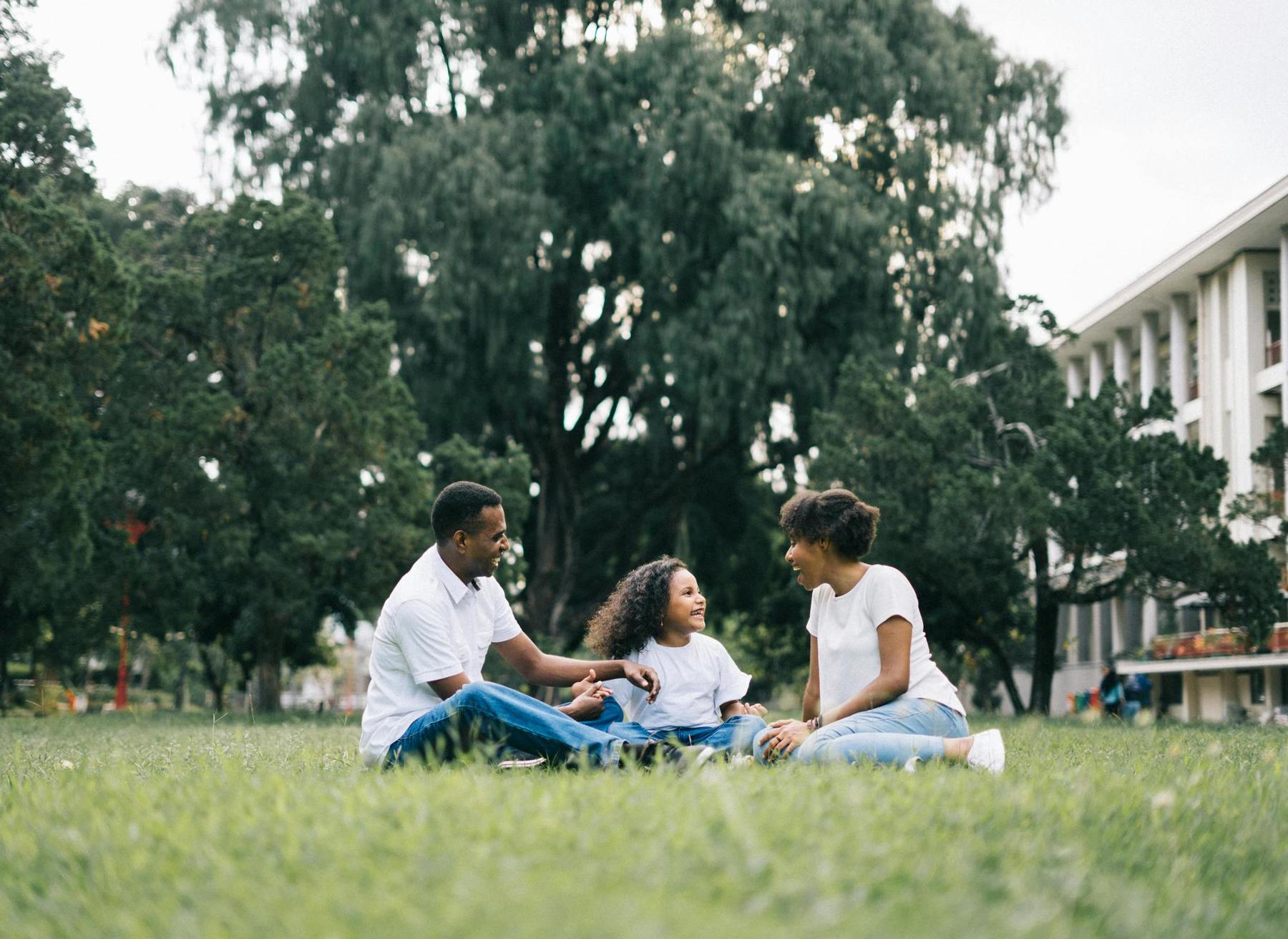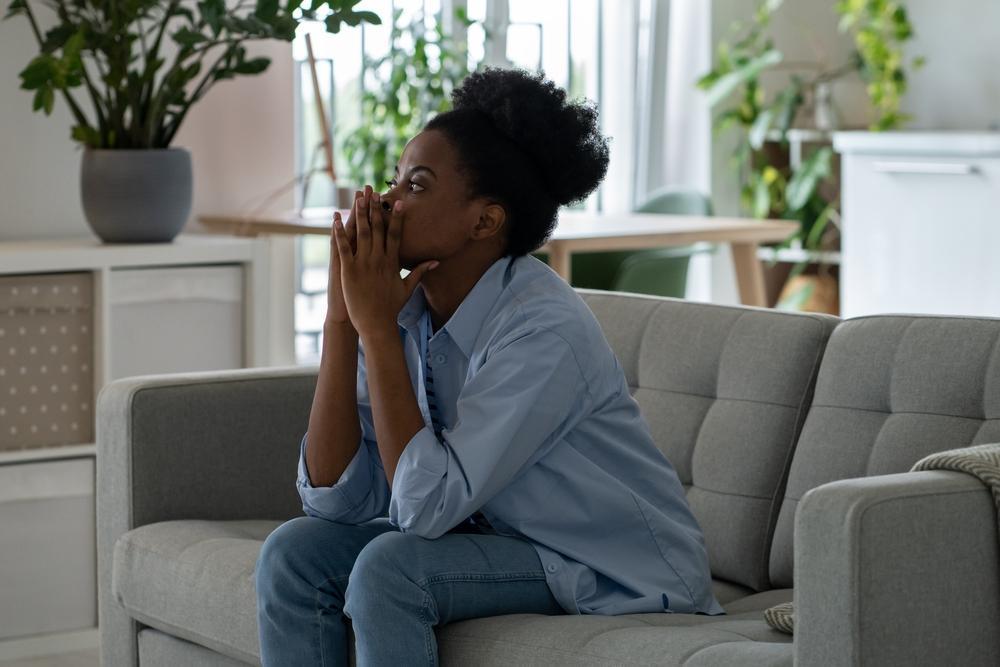“Do Not Stand at My Grave and Weep”
by Mary Elizabeth Frye
Do not stand at my grave and weep
I am not there. I do not sleep.
I am a thousand winds that blow.
I am the diamond glints on snow.
I am the sunlight on ripened grain.
I am the gentle autumn rain.
When you awaken in the morning’s hush
I am the swift, uplifting rush
Of quiet birds in circled flight.
I am the soft stars that shine at night.
Do not stand at my grave and cry;
I am not there. I did not die.
I don’t recall when I first read this poem, but the sentiment has stayed with me, especially at a time when I have recently lost someone important. I recently lost someone who was a close friend and an honorary grandfather figure to me for the last 10 or so years. Rereading the poem today, I think of all the small moments and memories that I will hold dear without him physically here.
I often think of small moments, and it helps me to keep the memory alive. For instance, with my honorary grandfather, he'd often say, “I have no aches, no pains, I feel great!” And he would skip down the hallway. This was a common sight well into his 80s.
I often think about food as a connection to folks. A close family friend loved to enjoy Seattle summer lunches outside and she insisted it was only complete with an Arnold Palmer (half iced tea and half lemonade) garnished with a lemon wedge. And sometimes a scent or a holiday may stir up feelings about a loved one. I might wish they were still here to enjoy it.

Poems like Frye’s remind us that grief is individual and deeply personal. It doesn’t move in tidy timelines or in predictable stages. And despite what you may hear from others, there’s no "getting over it.” Grief becomes something we carry, something we learn to live alongside. Perhaps it shifts, softens, or becomes quiet for a while - but it can return in waves: an anniversary date, a song, a phrase, or a saying that we didn’t realize we still remembered.
When I was growing up, there were several people, family, and close family friends that I lost. It was normal for me to accompany my family to visit loved ones in hospitals, resting at home, or under hospice care. My family was great at providing physical support, but it was uncommon that we would talk about what was going on or what was to come. One of my earliest memories of a visit was when I accompanied my mom to visit my great-uncle at his assisted living residence. We didn’t talk about why we were there or my role in the visit. There was an unspoken understanding that he would not live much longer, and he might be around for one or two more visits. I recall thinking how plain and cold his room felt. With the support and encouragement from my mom, I got my preschool class to help me make a banner to decorate his room to help it feel a bit more like home. I don’t think it was up for very long, and the next time I saw it was at his memorial service. Even though my family didn’t discuss grief, I began developing my own way of processing it. As a child, and still today, that process often involves creativity.
How Grief Shows Up
Grief can show up in many ways, and I have included a few:
Emotionally
- Sadness
- Anger
- Guilt
- Numbness
- Perhaps even moments of joy that feel confusing
Physically
- Fatigue
- Tension
- Changes in appetite
- Headaches
- Body aches that don’t seem to have a source
Socially
- Pulling away from others
- Struggling to explain what you’re going through
- Feeling out of step with people who “seem to be doing fine”
All of these responses are normal. And while this is not a complete list of what grief might feel like, I hope it is enough to be able to recognize something that you have felt in your own experiences.
In my work with clients, I have seen grief show up for folks unexpectedly. Events like being estranged from family, or the loss of function after a significant surgery or injury. Grief doesn’t always mean that someone has died; there are lots of other ways someone might experience loss. And it’s normal to need support during times of change, stress, or loss.

Coping Skills
You can’t rush grief, but you can care for yourself while you carry it.
Movement
Moving your body can be a great way to help release tension. Try going for a walk, getting out in nature, stretching or yoga, or try a breathing exercise or progressive muscle relaxation.
Each individual feels and experiences grief differently. Pay attention to where you feel it in your body and be kind to yourself. Maybe it’s in your chest, your shoulders, the pit of your stomach. Tune into your body, tune into what you’re feeling, and where.
Journaling/Writing
When grief feels like a swirl of emotions and thoughts, writing can give it shape. It might be helpful to get the thoughts out of your head and onto the page. Taking five or so minutes to explore what’s coming up for you, where, how, and allow yourself to be unfiltered.
You might try writing a letter to the person you lost or reminisce about a memory that came up for you recently. You could write your own poem or revise the one included in this post. If you feel unsure of where to begin, you might start with “what I wish I could tell you today is…” or “a moment I still carry with me is…”
Stay Connected
Grief often tells us to isolate ourselves, but staying connected can remind us that we don't have to go through it alone. You don’t have to talk about the loss or what you’re feeling, but sitting with someone can be helpful. Ask a friend to join you for coffee or tea, or to go for a walk. And if it feels helpful, look for support groups to be a part of. Or a group that does an activity that you would like to try or already enjoy. And keep in mind that you are not alone.

Begin Grief Counseling in Seattle
I appreciate that grief is being talked about more as a society. I think of a sentiment that has been popularized by organizational psychologist Adam Grant - “grief isn’t something to overcome; it’s something to carry with us that reminds us what matters.” I encourage you to find and honor your own process with grief. It will take time. Please be patient and kind to yourself. And know that you are not alone. If you’d like support, I hope you will reach out to hold space for what was, what is, and what’s next. Here at Thrive for the People, we have a team of therapists who understand grief and loss. Together, we can explore ways to honor your grief while continuing to live in a way that feels meaningful to you. Schedule a free consultation call with a team member to see if we would be a good fit for your needs.





